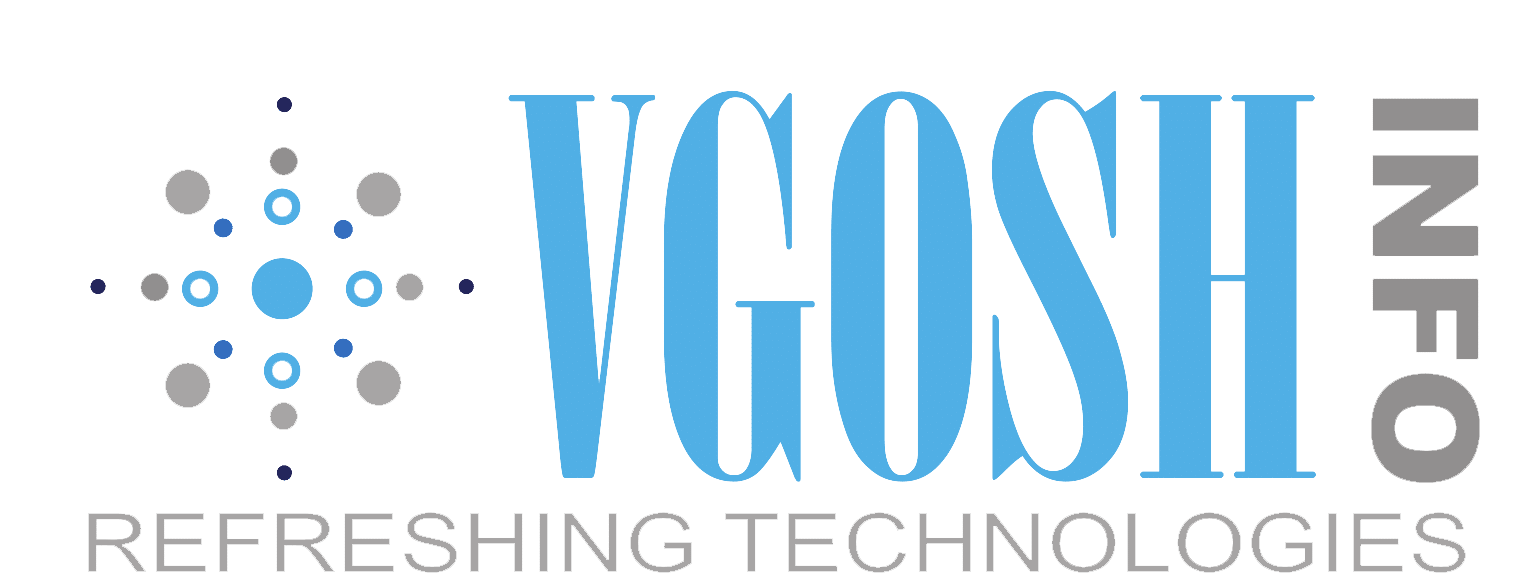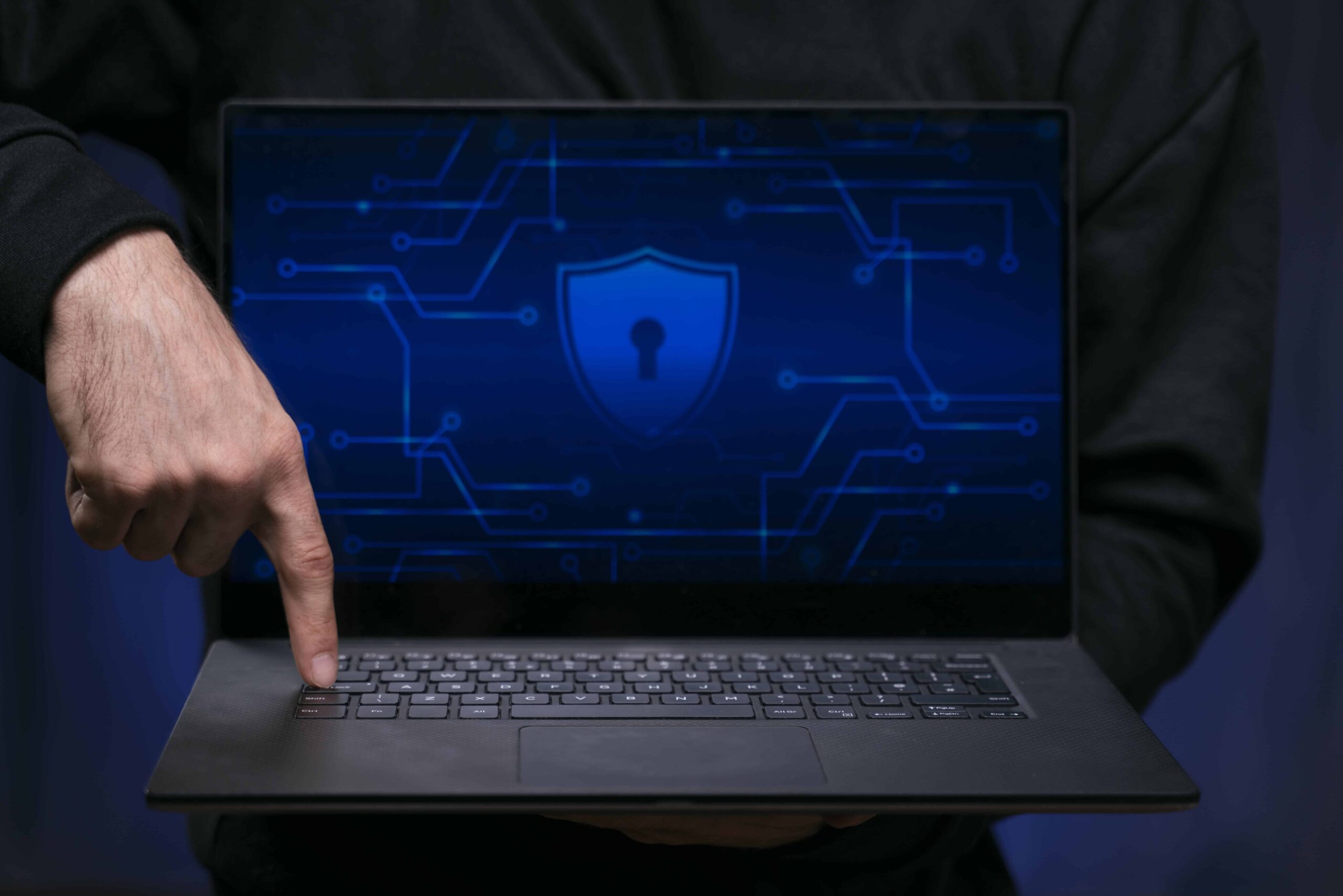Cyber Threats in Mobile Apps: Defending Users in Singapore
In today’s hyperconnected world, mobile apps have become an indispensable part of our lives, providing access to a vast array of services, information, and entertainment. However, this reliance on mobile apps also makes them a prime target for cybercriminals, who exploit vulnerabilities in apps and devices to steal sensitive data, disrupt operations, and inflict financial harm. Singapore, as a global technology hub, is particularly susceptible to these threats, making it crucial to understand and address the evolving landscape of cyber threats in mobile apps.
Understanding Cyber Threats in Mobile Apps
Cybercriminals employ various techniques to target mobile apps, including:
- Malware: Malware, such as trojans and spyware, can be embedded in apps to steal sensitive information, including passwords, financial data, and location data.
- Phishing Attacks: Phishing scams attempt to trick users into revealing sensitive information or clicking on malicious links within mobile apps, leading to data breaches or financial losses.
- Man-in-the-Middle (MitM) Attacks: MitM attacks intercept data transmissions between a user’s device and a server, allowing cybercriminals to eavesdrop on communications and steal sensitive information.
- Social Engineering: Social engineering tactics manipulate users into taking actions that compromise security, such as clicking on suspicious links or downloading malicious apps.
Impact of Cyber Threats on Singapore
Cyber threats in mobile apps pose significant risks to individuals, businesses, and the nation as a whole:
- Data Breaches: Data breaches expose sensitive personal information, leading to identity theft, financial losses, and reputational damage.
- Financial Losses: Cyberattacks can disrupt business operations, cause financial losses, and hinder economic growth.
- Erosion of Trust: Repeated cyberattacks can erode public trust in digital services and hinder the adoption of new technologies.
Protecting Users in Singapore
To protect users from cyber threats in mobile apps, Singapore has implemented various measures:
- Personal Data Protection Act (PDPA): The PDPA sets out stringent data protection principles that organizations must adhere to when handling personal data.
- Cybersecurity Master Plan 2021-2025: The master plan outlines strategies to enhance Singapore’s cybersecurity posture, including improving app security and user awareness.
- Open Cybersecurity Collaborative (OCCS): The OCCS is a platform for public-private partnerships to address cybersecurity challenges and share threat intelligence.
Protecting Yourself from Mobile App Threats
Individuals can take proactive steps to protect themselves from cyber threats in mobile apps:
- Download Apps Only from Trusted Sources: Install apps only from official app stores like Google Play or Apple App Store to minimize the risk of downloading malware.
- Keep Software and Apps Updated: Regularly update your operating system, apps, and security software to ensure you have the latest security patches and protection against known vulnerabilities.
- Enable Strong Passwords and Multi-Factor Authentication (MFA): Use strong, unique passwords for your apps and enable MFA whenever possible for an extra layer of security.
- Be Cautious with Links and Attachments: Exercise caution when clicking on links or opening attachments in apps. Only open attachments from trusted senders and scan them for malware before opening.
- Install a Reputable Mobile Security App: Consider installing a reputable mobile security app that provides additional protection against malware, phishing scams, and other threats.
Conclusion: A Collective Effort for a Secure Digital Future
Cyber threats in mobile apps pose a significant challenge to Singapore’s digital landscape. By implementing robust app security measures, raising user awareness, and fostering collaboration between public and private sectors, Singapore can effectively safeguard its citizens’ data, protect its businesses, and maintain its position as a global technology leader. As we continue to embrace the digital age, prioritizing cybersecurity is paramount to building a secure, resilient, and prosperous digital future for Singapore.





